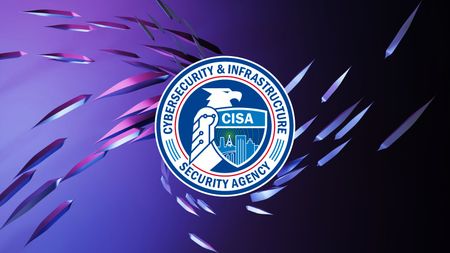Storable and Cacheable Content
- Risk:
Informational
- Type:
- Passive
- CWE:
- CWE-524
- Summary
The response contents are storable by caching components such as proxy servers, and may be retrieved directly from the cache, rather than from the origin server by the caching servers, in response to similar requests from other users. If the response data is sensitive, personal or user-specific, this may result in sensitive information being leaked. In some cases, this may even result in a user gaining complete control of the session of another user, depending on the configuration of the caching components in use in their environment. This is primarily an issue where “shared” caching servers such as “proxy” caches are configured on the local network. This configuration is typically found in corporate or educational environments, for instance.
- Solution
Validate that the response does not contain sensitive, personal or user-specific information. If it does, consider the use of the following HTTP response headers, to limit, or prevent the content being stored and retrieved from the cache by another user: Cache-Control: no-cache, no-store, must-revalidate, private Pragma: no-cache Expires: 0 This configuration directs both HTTP 1.0 and HTTP 1.1 compliant caching servers to not store the response, and to not retrieve the response (without validation) from the cache, in response to a similar request.
- Other info
- In the absence of an explicitly specified caching lifetime directive in the response, a liberal lifetime heuristic of 1 year was assumed. This is permitted by rfc7234.
- References
https://datatracker.ietf.org/doc/html/rfc7234
Oracle silently fixes zero-day exploit leaked by ShinyHunters
CISA: High-severity Windows SMB flaw now exploited in attacks
Hard-coded credentials found in Moxa industrial security appliances, routers (CVE-2025-6950)
Silver Fox Expands Winos 4.0 Attacks to Japan and Malaysia via HoldingHands RAT
New .NET CAPI Backdoor Targets Russian Auto and E-Commerce Firms via Phishing ZIPs
CISA confirms hackers exploited Oracle E-Business Suite SSRF flaw
New FileFix attack uses cache smuggling to evade security software
North Korean Hackers Use EtherHiding to Hide Malware Inside Blockchain Smart Contracts
Over 75,000 WatchGuard security devices vulnerable to critical RCE
CVE-2025-61884 Oracle E-Business Suite Server-Side Request Forgery (SSRF) Vulnerability
CVE-2025-33073 Microsoft Windows SMB Client Improper Access Control Vulnerability
CVE-2022-48503 Apple Multiple Products Unspecified Vulnerability
CVE-2025-54253 Adobe Experience Manager Forms Code Execution Vulnerability
CVE-2016-7836 SKYSEA Client View Improper Authentication Vulnerability
CVE-2025-6264 Rapid7 Velociraptor Incorrect Default Permissions Vulnerability
CVE-2025-59230 Microsoft Windows Improper Access Control Vulnerability
Free online web security scanner









